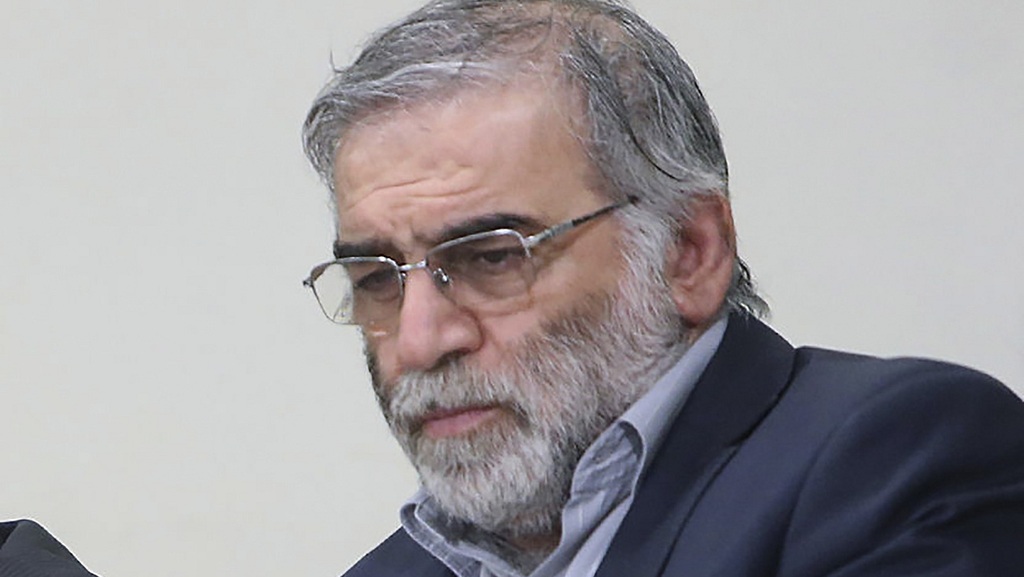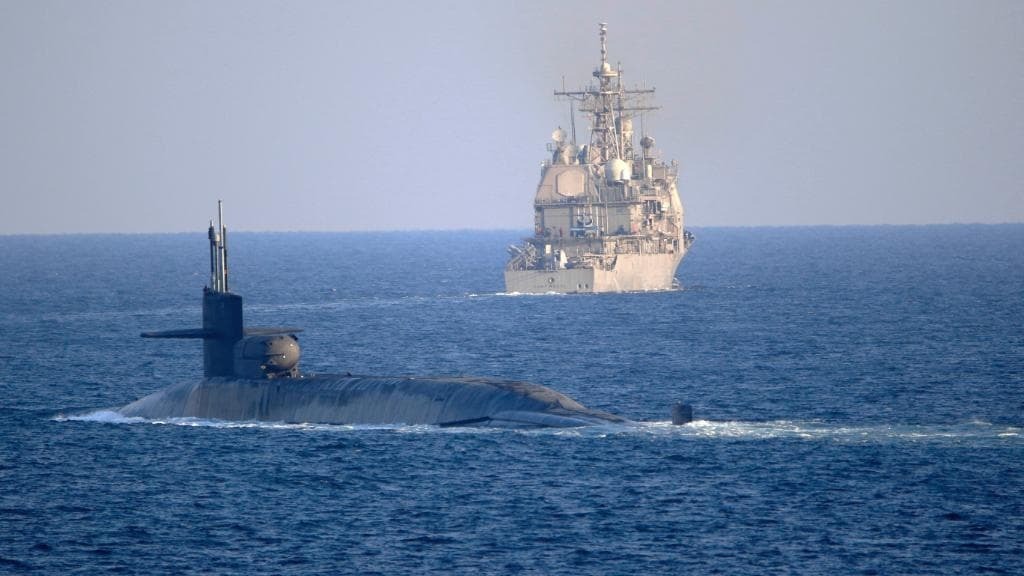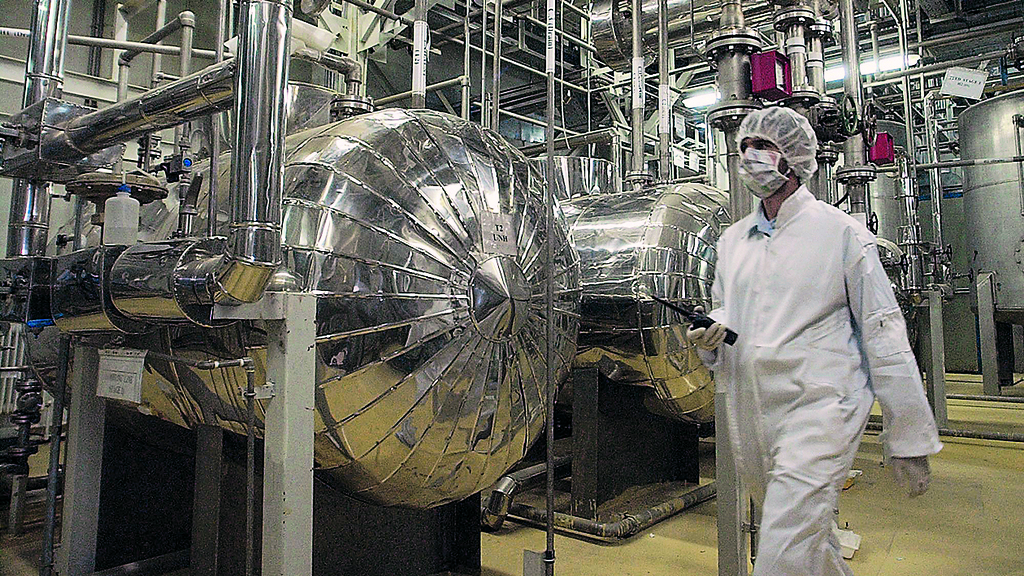How preoccupied is Israel to consider the new dangers of Iran's nuclear aspirations?
On the eve of a fourth election in two years, a coronavirus pandemic and an exhausted and economically devastated citizenry, the incapacitated government may view the rhetoric coming out Tehran as mere tactical repositioning before the renewed negotiations over the 2015 nuclear deal.
When Iran announced on January 1 that it would start enriching uranium to 20%, it could be confident that no U.S. or Israeli attack would follow.
Such a move will only come when Iran resumes its military project to produce a nuclear warhead.
As far as we know, the Iranians are still unable to do this but it is unclear when they might.
The elimination of Iran's chief nuclear scientist Mohsen Fakhrizadeh in November, which was blamed on Israel, was done to slow the nuclear military project.
But until there is proof that the assassination achieved its goal and the project is now on hold, Israel must view any change in Tehran's nuclear program as a grave threat.
3 View gallery


Iranian chief nuclear scientist Mohsen Fakhrizadeh was assassinated in November in an attack attributed to Israel
(Photo: AP)
When Iran's parliament voted last month to accelerate its nuclear program, Israel should have launched a massive diplomatic effort to exert pressure on the regime.
But Tehran understood that few could be bothered to consider Jerusalem's concerns while a worldwide pandemic was raging.
They have been working for 30 years to achieve nuclear capabilities and have been waiting for the moment when the world was otherwise occupied. For Israel, that moment is already too late.
Iran returned to its campaign of aggression in the Persian Gulf on December 31, interfering with the free movement of oil tankers.
And when U.S. Secretary of Defense Christopher Miller announced in response that the U.S. would be increasing its military presence in the area, Tehran launched military exercises, flaunting their new UAV and ballistic missile capabilities.
3 View gallery


An American submarine and a naval vessel patrol the Persian Gulf in a show of force to Iran
The Iranians are far from fools. They will not hand outgoing U.S. President Donald Trump a casus belli with a direct act of aggression against the American military.
The new administration under Joe Biden and the nuclear negotiations that will likely begin after January 20 are within their reach. They will no doubt include many of the same people who ran Obama's negotiation efforts a decade ago, who are committed to the agreement reached during his term.
So, they added obstacles such as increased uranium production, which can easily be dropped in exchange for more important achievement.
Israel must be prepared for the day after Biden takes office and U.S.-Iran negotiations that may leave Jerusalem once again out of the loop.
Can a caretaker government be trusted to rise to that challenge?


